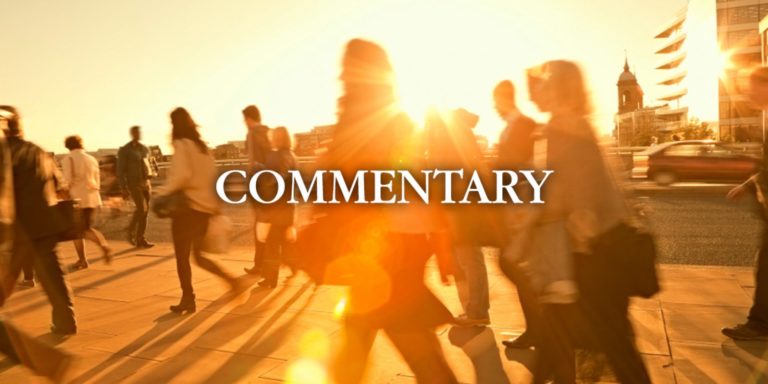Much have I suffered, laboured long and hard by now in the waves and wars. Add this to the total —bring the trial on!
Odysseus in Homer’s Odyssey
This year has been an odyssey. We all feel like we have laboured long and hard and have met with many trials. The Covid-19 pandemic and the US elections have been like Scylla and Charybdis, threatening to wreck the global economy and markets. Brexit looms but struggles to make waves among the greater turmoil. Our boat is still in the middle of the storm, the second wave of the pandemic is upon us and the elections are imminent. But the odyssey is coming to an end and we can see the way ahead.
We are at a critical point of the Covid-19 pandemic and its impact. It is clear that is a confounded disease that disproportionally impacts more vulnerable populations but that also has potentially long-term effects on a larger number of people so those who have not had it should avoid it if they can.
At the same it is also clear that the economic, social and human cost of the measures that have had to be adopted to stop its spread have been devasted and that both policy makers and the public have been completely unprepared for the impact of a pandemic like Covid-19, much less a more virulent and deadly one. We think that like with other public health crises, particularly HIV, for which there still is no vaccine, the answer is in a combination of diagnostics, therapeutics and vaccines. We have made great progress on all fronts and it is notable how many of the companies we invest in, in healthcare and life sciences but also in other industries, are directly involved in the fight against the disease.
Most important for the global economy and for markets is a vaccine, and this month Zhixin Shu, our healthcare analyst, provides our latest insights into the status of vaccine development and a roadmap for recovery. It builds on Zhixin’s insight we published in July and shows why we believe that we should be months away from having the first mRNA vaccines from Pfizer/BioNTech and Moderna, and should be in a position to achieve a return to normalcy in the second half of next year. The current second wave should already benefit from better diagnostics and therapies that should further reduce the incidence, severity and mortality of the disease. By the second half of next year the initial vaccines should be joined by other more traditional ones that may engender greater public confidence and therefore have broader acceptance.
For now, we have to suffer through the second wave. The difficult decisions to go back into lockdown in many countries will cause great concern. However, governments and central banks have made it clear that they will provide the support necessary to keep our economies going through any fiscal and monetary means necessary. We have said that it is inconceivable to us that governments in the US, China, the UK or the rest of Europe would risk public unrest given the political and economic uncertainty and we think that will be as true before the US elections and Brexit as afterwards.

